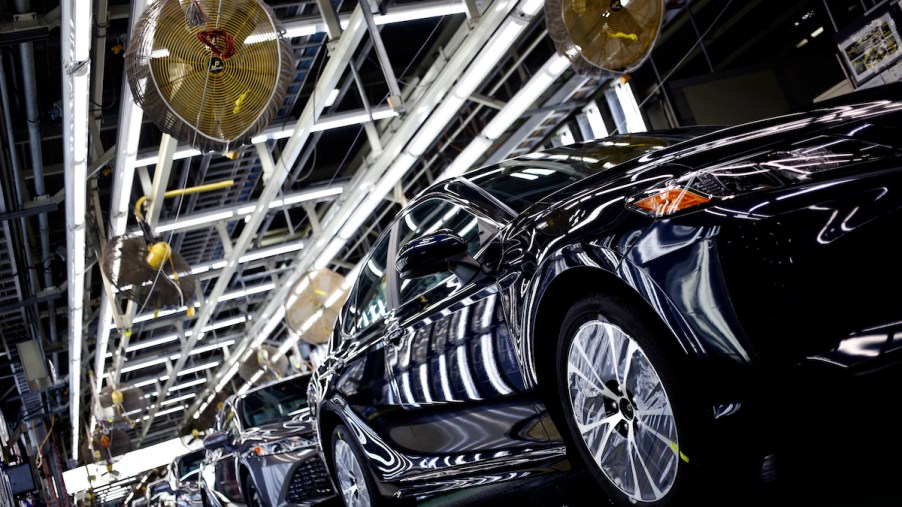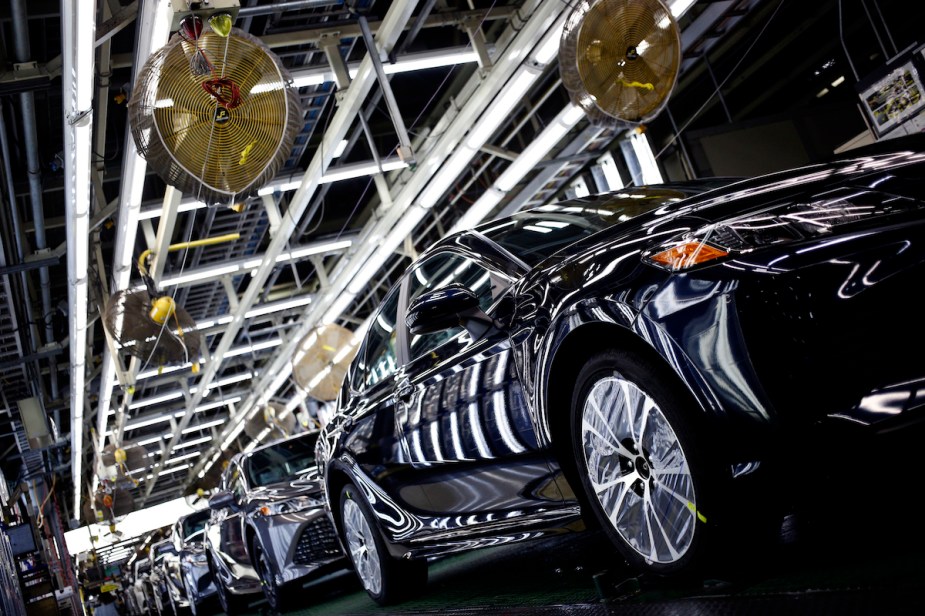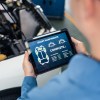
Toyota Is Adding 220 Positions to Toyota’s Production Engineering Division in North America
Toyota is one of the few automakers that managed to keep its head above water during 2020 without too much effort. During the latter half of that year, the RAV4 was the best-selling compact SUV by a large margin. Things caught up with the automaker in 2021, when it had to drastically cut back production due to a lack of semiconductor chips.
Despite dealing with a few production hiccups and delays this year, Toyota now offers new career opportunities at its North American factories. How many new laborers has Toyota employed, and how will they benefit the automaker?
Toyota’s commitment to quality

Quality assurance has long been a priority in Toyota factories. According to Toyota UK, every vehicle is subject to 2,000 checks to ensure that each one adheres to proper safety codes. Most of these checks are related to critical mechanical components like the engine, brakes, and transmission system.
Toyota also attributes the enhanced quality of its vehicles to efficient production methods. If any machine stops functioning, Toyota always has a trained worker who can take its place. The automaker also only uses the exact amount of parts necessary to fulfill orders, eliminating wasted resources.
Toyota looks to fill 220 new factory positions
In April, WKYT reported that Toyota offered hundreds of new engineering jobs across the United States. The automaker wanted to fill many of those positions at its Georgetown plant in Kentucky. Qualified applicants would work in the Production Engineering Division, the sector that helps develop the necessary machinery for building and designing Toyota’s cars.
WKYT gave us an update on this story with an event showcase hosted by Toyota. During the event, Toyota revealed that its latest production processes partially rely on robots and virtual reality. The automaker will use these two methods to speed up its production processes for future vehicles.
The company also had some 3D-printed models of the latest engines installed in its current vehicle lineup. As of the 2017 model year, every Toyota vehicle employs some kind of Dynamic Force engine. Toyota built these engines to be optimized for performance, acceleration, and competitive fuel efficiency.
During the last part of the event, Toyota highlighted some of its local community initiatives. For over 30 years, Toyota has partnered with the University of Kentucky to teach college students about the Toyota Production System. The automaker also hosts fun events for kids staying at Kentucky Children’s Hospital.
Toyota already employs hundreds of engineers in Georgetown
Almost 800 automotive production engineers were already employed at the Georgetown plant before Toyota opened new job listings. Automotive manufacturing engineers are responsible for designing new vehicle-building machines and new tools like AI-powered robots. They also help perfect the assembly line process to follow Toyota’s production philosophy.
In addition to developing the technology, a production engineer will likely install and maintain the new machines as necessary. Production engineers are responsible for troubleshooting the equipment when there’s a problem. They also train human automotive manufacturers to fix these problems themselves.
Automotive production engineers are also typically responsible for drafting and updating safety protocols inside an automaker’s factories. They often supervise vehicle production to ensure each worker is safe on the floor and complies with set safety standards.
Production engineers are crucial in ensuring that every Toyota vehicle is built to the proper specifications. They also help keep the automaker’s assembly lines running smoothly to keep customer orders on track. Automotive benefits aside, new jobs stimulate a community’s local economy and boost morale.


